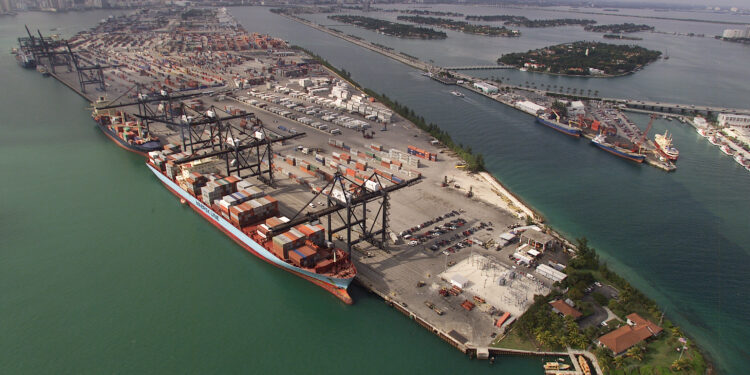A new climate bill regarding Californian ports has raised concerns over many industry groups which question how this emissions’ reduction legislation may affect competition and encourage economic growth.
More than 175 businesses have so far supported the California bill that would require the state to reduce carbon emissions 40 percent below 1990 levels by 2030 — the most aggressive climate target in North America. However, the legislation faces significant opposition from several industry groups, before it can be signed into law.
According to local sources, while environmental groups and some businesses — among them Levi’s eBay, The North Face and Gap, Inc. — have signed on in support, a host of business groups including several area Chambers of Commerce as well as the California Chamber and the Western States Petroleum Association oppose the climate bill.
The California Chamber of Commerce says the legislation would increases costs for businesses, makes them less competitive and discourage economic growth. Meanwhile the California Building Industry Association has warned SB 32 would cause housing prices to skyrocket while oil companies say a companion bill to SB 32 would lead tomandatory restrictions on driving.
The new climate bill SB 32 aims to extend the current climate programme to 2030, establish new greenhouse gas emission goals and grant the California Air Resources Board (CARB) expanded authority to require ports to make operational changes to meet new greenhouse gas reduction targets.

































































